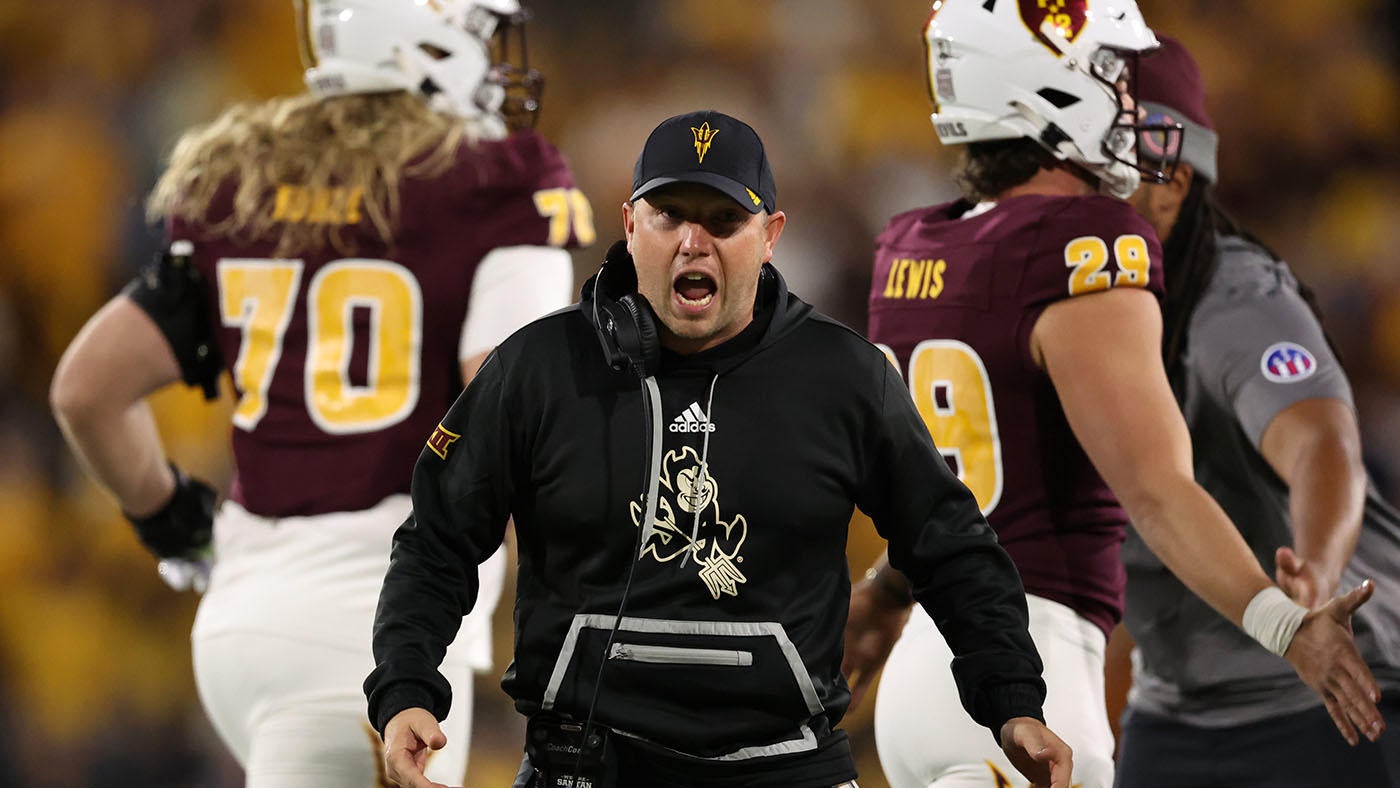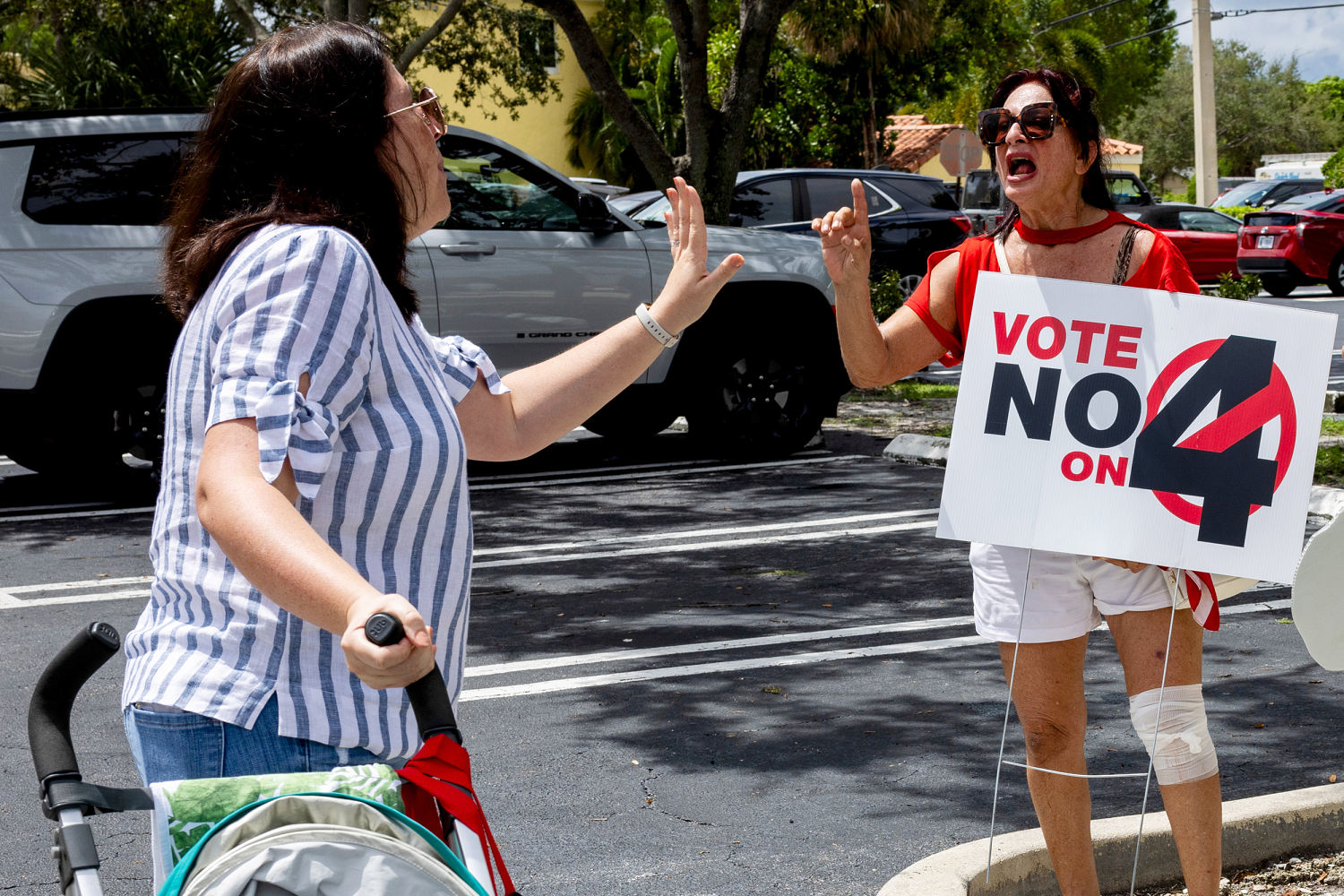Colorado ballot measure to ban big cat hunting raises clashing conservation concerns

Colorado wildlife experts are at odds over whether a ballot measure to ban the hunting of certain wildcats would help or hurt the formidable felines that have long been intrinsic to Rocky Mountain ecosystems.
Centennial State voters on Tuesday will decide whether to approve Proposition 127, which would amend Colorado statutes by forbidding the hunting or trapping of bobcats, lynx and mountain lions.
Wildlife conservation experts and hunters have been offering a wide range of contrasting perspectives on the possible effects of the proposed hunting ban ahead of the vote.
Earlier this month, more than 300 sportsmen and women gathered in front of the Colorado Capitol in Denver to rally against the measure, which they described as "an out-of-state funded, emotion-based ballot initiative" that contradicts "well-established and science-based best management."
The principal arguments against the proposition revolve around its capacity to limit how officials with Colorado Parks and Wildlife (CPW) "make science-based decisions to achieve the state's ecological objectives," according to an analysis included in Colorado's 2024 State Ballot Information Booklet.
Opponents of the proposition, who include some wildlife conservation experts as well as hunters, view the state’s current practices for managing the populations of the animals — including regulated hunting — as “working," while emphasizing that hunting lynx is already illegal, per the analysis.
Those against the measure also contend that hunting big cats provides critical income to local communities and that the elimination of reimbursements to landowners whose property or livestock are damaged by mountain lions that would occur as a consequence of the proposition could cause undue harm to residents, the analysis stated.
Those in favor of Proposition 127, meanwhile, have maintained that the pursuit of big cats "causes the animals pain and trauma" and that trapping these animals — sometimes for trophies or fur trade — is a superfluous practice, per the ballot bulletin analysis.
Supporters of the measure, who include other wildlife conservation experts, also argue that these big cats "can naturally regulate themselves without the need for hunting and trapping" and that a ban would not bring new dangers to Coloradans.
The measure "would prohibit intentionally killing, wounding, pursuing, entrapping or discharging a deadly weapon" at these animals. Individuals convicted of any of these activities would be subject to up to 364 days of jail time, a fine of up to $1,000, or both, as well as a five-year prohibition on holding a CPW hunting license.
The proposition does contain some carveouts for certain extreme circumstances, including the killing of these animals "in the defense of human life, livestock, personal property or a motor vehicle."
Other exceptions listed are vehicular accidents, scientific research, humane euthanasia or situations in which federal or state employees or contractors act in an official capacity or with a special license from CPW.
Such official actions could also include managing animals that pose a threat to agricultural resources, according to the ballot bulletin.
While Colorado law requires compensation for the destruction caused by "big game" species, the ballot measure would also remove mountain lions from that category.
Mountain lions, bobcats and lynx all have deep histories in the Centennial State. Lion populations have been growing since 1965, when they were first categorized by the state as “big game,” according to CPW. Lynx and bobcats do not have this classification.
About 3,800-4,400 independent lions inhabit the state, while Colorado's bobcat population is about 21,000, per agency estimates. Neither mountain lion nor bobcat communities are biologically threatened, and the latter is the most populous wildcat species in North America — numbering somewhere between 1.4 million to 2.6 million, CPW stated.
Wildlife officials began reintroducing the Canada lynx, which is listed as endangered by both the state and federal governments, into Colorado in 1999. Although the state now has a secure lynx population, legal protections prohibit the hunting and trapping of these animals, according to CPW.
"No lynx in Colorado has ever been reported as incidentally trapped by bobcat fur harvesters," the agency stated.
From 2020 to 2023, an average of 880 bobcats and 500 mountain lions were "harvested" in Colorado each year, according to the state-issued ballot bulletin.
One group that has been vocal against Proposition 127, Colorado's Wildlife Deserve Better, characterized the measure as "a blatant attempt to undermine the authority of Colorado Parks & Wildlife,” and emphasized that "science-based wildlife management is under attack."
"Prohibiting the hunting of these animals could result in rapid population increases, which would pose a significant threat to other species in Colorado," a statement from the group said.
On the other side of the issue, the Endangered Species Coalition, a global network of conservation activists, has voiced support for Proposition 127, stressing in a statement that hunters today are able to use "packs of dogs with GPS collars and even drones that chase down a mountain lion until it finally retreats up into a tree."
The Cats Aren't Trophies initiative — the campaign directly responsible for the ballot measure — characterized the proposition as protecting big cats "from wealthy out of state trophy hunters" engaging in recreational killings.
The campaign has recruited various celebrities, including former Denver Broncos wide receiver Mark Jackson, who recently described such practices as "turning a majestic animal's life into a gruesome spectacle."
As for the government agency responsible for the management of these cats, CPW stressed its staunch neutrality in a factsheet about Colorado's mountain lion, bobcat and lynx populations.
"Colorado Parks and Wildlife takes no position for or against proposed initiatives such as Proposition 127 and will diligently implement all laws duly passed by the legislature and the Governor or by the voters," CPW stated.
Topics
-
Ballot drop box fires raise voter concerns
Top stories - CBS News - October 29 -

California Ballot Measure to Raise Minimum Wage to $18 an Hour Fails
Business - Inc. - Yesterday -

RFK Jr.'s presence on Michigan, Wisconsin ballots raises concerns for Trump
Politics - The Hill - October 26 -

Republicans struggle on education ballot measures despite big wins Tuesday night
Politics - The Hill - November 6 -

Climate scores big wins in ballot measures across US West
Politics - The Hill - November 11 -
Israel's potential ban on Palestinian aid agency UNRWA raises concerns
Top stories - CBS News - October 29 -

Appearing in Big 12, CFP hunt out of nowhere, Arizona State (not Colorado) is league's best turnaround story
Sports - CBS Sports - 3 days ago -

Deadly impact of abortion bans surface as 10 states set to vote on ballot measures
Politics - NBC News - November 5 -

Florida’s Abortion Rights Ballot Measure Fails, Keeping Six-Week Ban in Place
Top stories - The New York Times - November 6
More from The Hill
-

South Dakota Republican introduces bill to eliminate Department of Education
Politics - The Hill - 31 minutes ago -

Phillips 66 charged with dumping oil into Los Angeles wastewater
Politics - The Hill - 44 minutes ago -

McConnell announces new roles in next Congress
Politics - The Hill - 53 minutes ago -

2 House Republicans seek to stop IVF expansion in defense bill
Politics - The Hill - 53 minutes ago -

Giuliani appeals decision ordering him to turn over assets to election workers
Politics - The Hill - 1 hour ago